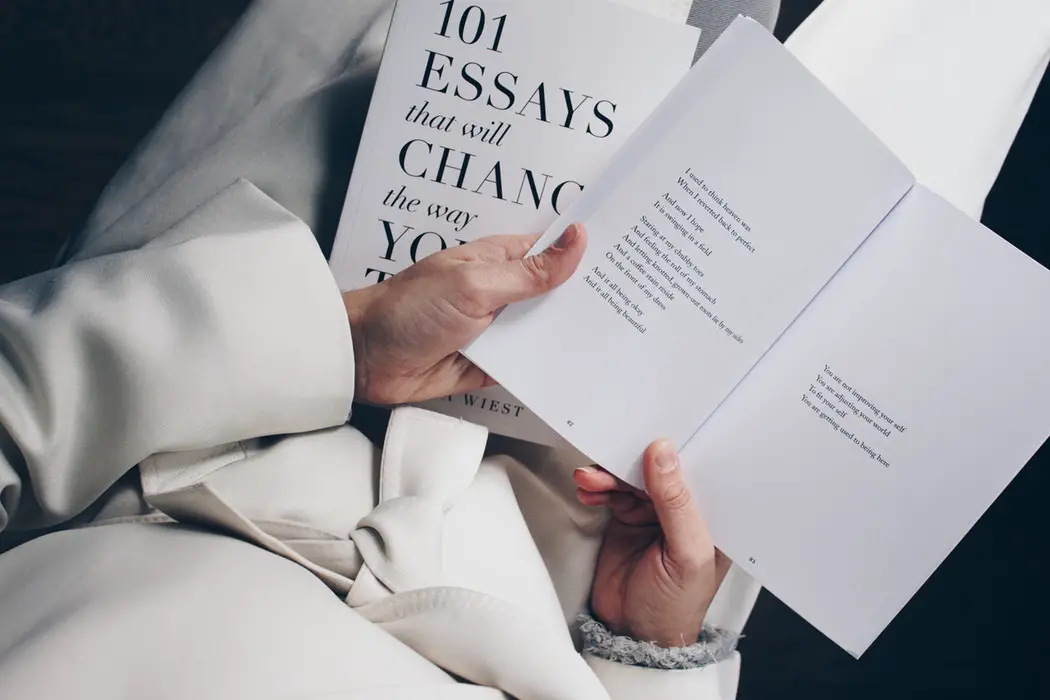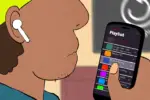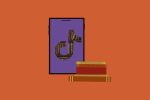As an English major, you probably love books, and there’s plenty to go around in that department. On average, an English major will read one book per week or bi-weekly for each literature-based class they take.
If you have an average of three classes per semester with around three months in a semester, that’s about 12 – 30 books. Wow, that’s a lot of reading! The number of books you have to complete may seem daunting, but don’t worry: there are many steps you can take to get it all done.
Create a reading schedule.
Look through your books to see how many chapters each one has and make a schedule to equally split up the reading. Try to schedule around the same time each day so you become accustomed to the habit.
If you know your reading pace, plan accordingly. If the action of reading puts you to sleep and you can only get a few chapters in before you knock out, then plan to only read a couple of chapters each night before going to bed (and maybe you’ll sleep better!).
Also, keep in mind that reading for an English major isn’t just reading for pleasure. You’re reading critically, which will demand a slower pace and focused analysis.
Leave room for thinking in between the lines and remember to pace yourself. After all, cram reading is just as stress-inducing as cram studying. If you try to complete your reading assignments too quickly, you won’t be able to read critically, either.
Use tabs and sticky notes.
For an English major, it will be necessary to reference passages for discussions and reports, so be sure to mark them. Use sticky tabs designed for such a purpose and use small sticky notes to write quick analyzations.
Use different colors to reference different things, such as specific words, representations of culture, instances of theme or other concepts you undoubtedly study in depth when reading critically. If you’re reading with something already in mind, such as a report on the usage of a specific word, mark and make note of these occasions.
Take the book everywhere with you.
There are a million opportunities throughout the day when you have a spare ten minutes: waiting for class to start, in the line for coffee, waiting for your essay to print in the library, on your lunch break, in between the math homework or whenever. Keep the book with you so you can maximize your time and read during these lulls. It may not seem like much, but a page here and there starts to add up.
Limit the distractions.
To get the most out of your reading sessions, minimize the number of distractions as much as possible. Read somewhere far away from electronics so there’s no temptation to browse. Don’t try reading with company, unless you’re reading together (which can be a fantastic motivator). It may help to find a quiet place, close the door and turn the lights down low.
If you’re a bit of a daydreamer, reading in public places can be difficult. Noises and activity can avert your eyes and capture your attention, and the next thing you know, you have to reread the same paragraph for the third time.
At the same time, if you know your study habits and the best environments for your maximum focus, read there. If instrumental or ambient music helps you focus better, then put it on.
If background white noise creates the perfect atmosphere, then search it out. If reading with a buddy helps you make the most of your time, then coordinate together. The perfect reading-friendly ambiance depends on your preferences, so figure out what works best for you.

Don’t think of it as homework.
You will naturally dread reading if you imagine it’s homework. Though it is an assignment from a class, it’s still something you thoroughly enjoy. A lover of books will also love talking about them, and that’s basically what you’re doing in your literature classes anyway.
Focus on how you’re getting a whole new experience with the book when you read critically and discuss it. Notice how it influences your writing knowledge and abilities.
When you study how a writer made their story, you’ll learn how to piece together your own. Plus, think about how wonderful it is that you get to read for school instead of solve math formulas — unless, of course, you have a core requirement. In that case, think about how great it is you have that literature class to balance your studies out.
Learn the tricks.
Being an English major, you’ll eventually learn methods to make the most of the process. There are several tricks that can not only make reading go faster but can even improve your experience.
Learn the art of peripheral reading, which is reading while using your peripheral vision to see what’s coming. It’ll wear your eyes out scanning every individual word. Think of the text in group form rather than word-by-word. Jump around the page occasionally to get an idea of where the story is going.
Also, be an active reader. This is when you anticipate what’s going to happen based on clues rather than waiting for the story to be laid out for you.
Scan for outstanding words — the things that aren’t prepositions, pronouns or conjunctions — that lay out the meaning of a passage. Zoom in on the detailed adjectives, the descriptive verbs and the specific nouns. Hop back and forth from these words, and you’ll get a good sense of what the story is trying to tell.
Be relaxed when you read.
Reading under stress is counterproductive. Your mind will be too distracted to retain what you read, which causes you to end up rereading and wasting more time. Make an active decision to shut off the internal noise when it’s time to read.
Put on some soothing music. Drink a glass of wine if you need to relax your body. Sit in lighting that isn’t artificial or intense. Remove yourself from environments or company that induce stressful feelings. Find your methods of relaxation and utilize them.
Reading is a pleasure and it shouldn’t be a crutch as you go through school. Enjoy the process and feel proud of all the reading you’re doing!

















